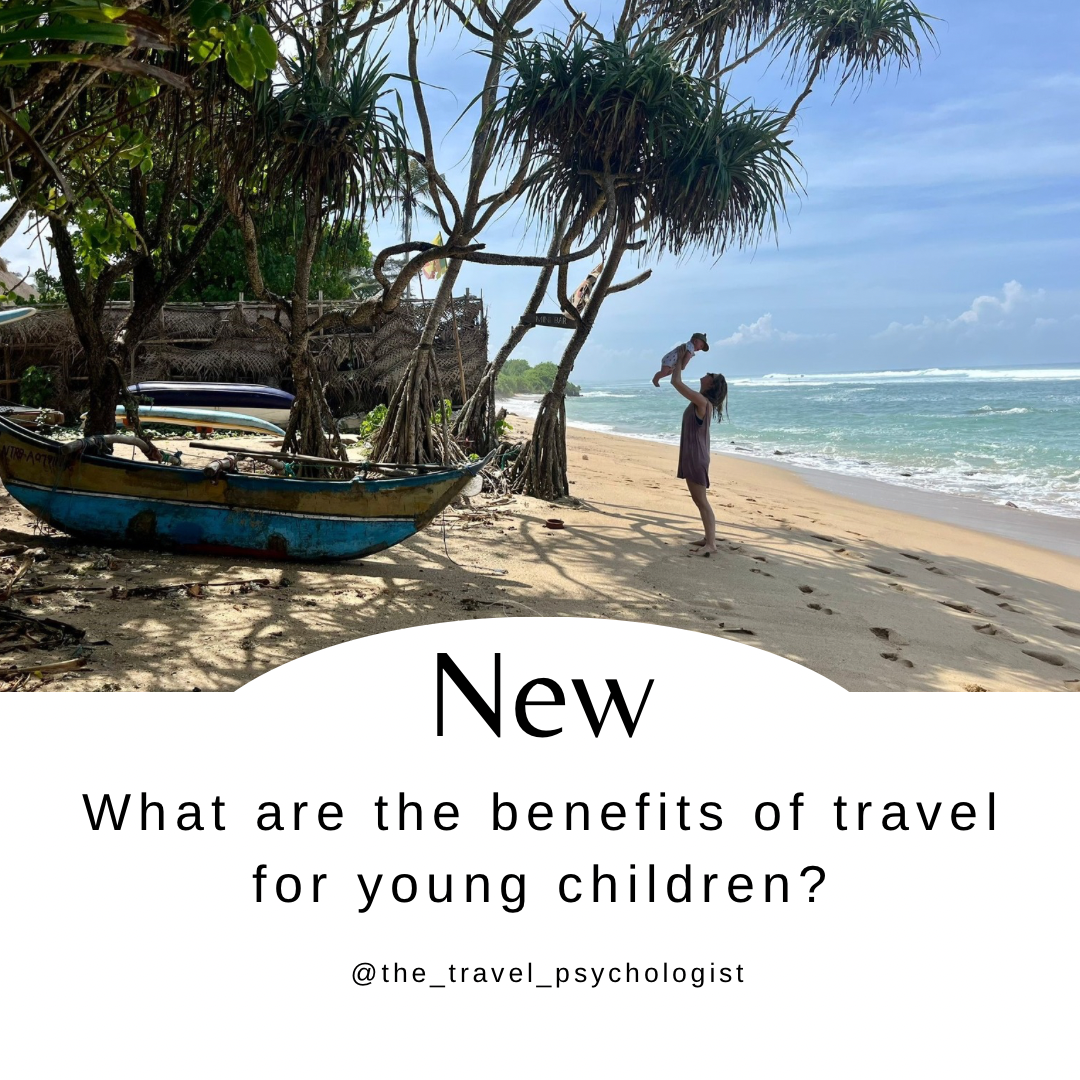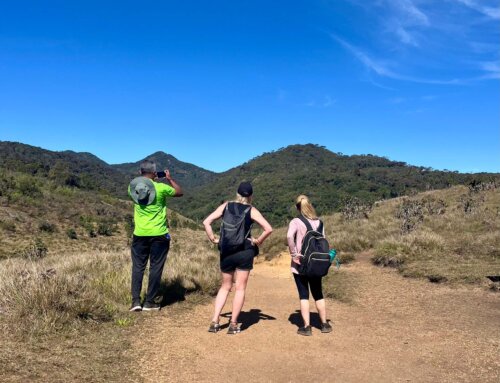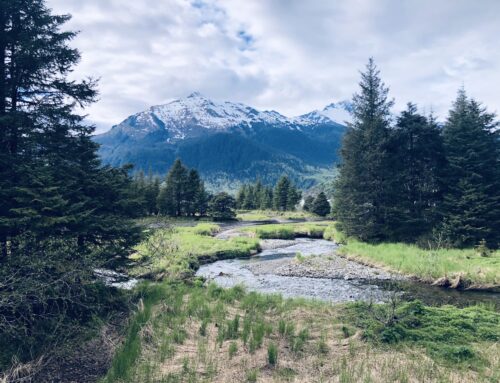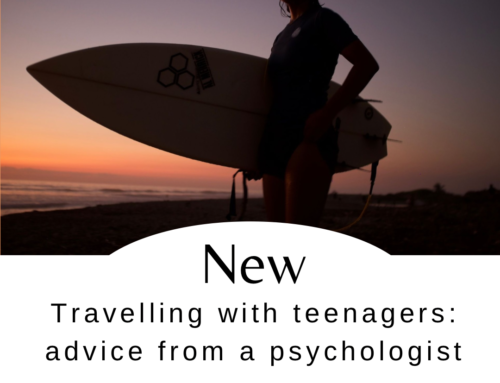Dr Samantha Fish, Clinical Psychologist and Guest Contributor
“You’re going where?!” and “how long is the flight?!” were the most common responses I received when telling people that we were taking our 4-month-old and 3-year-old travelling around Sri Lanka for a few weeks on my maternity leave. And I understand it, I really do. Travel with children, especially young children can be difficult, there’s so much to think about, plan for and pack, but it can also be one of the most rewarding experiences out there. As a clinical psychologist and mum of two, I want to give people an alternative perspective on how travel can positively impact a child’s development.
If you look back on your own happy memories from childhood, the likelihood is that they include family trips or holidays together. Whatever guise these memories take, maybe camping in the rain or sharing ice cream at the beach, the connecting factor is probably quality time spent as a family. Travel gives us the gift of time away from the stresses of school or work, unplugged from technology and social media where we can focus on connection and togetherness. Every family is unique, with unwritten rules and traditions. The act of travelling together, time spent talking on long journeys, arguing over who gets which bed in the hotel or sharing amazing views and food, not only helps to create individual identities, but also helps form the family identity. It is an opportunity to create shared core memories, fostering greater cohesiveness. Even more than this though, quality family leisure time has been positively correlated with childhood socialisation. This is the ability to adapt and adjust more easily and the strengthening of a child’s sense of self (West and Merriam, 2009).
“We can do hard things” – emotional tolerance
By being exposed to multiple new locations, a beach, a pool, a new restaurant etc. in a short period of time, but with the safety of their primary attachment figures, a child learns that they can cope in novel situations. It is natural to feel nervous at something new, an anticipatory anxiety of what might be, and travel/holidays are a wonderful opportunity to expose young people to these feelings in small, manageable ways. Because once we do something new, or something that may have worried us, children start to build belief and self confidence in themselves. They start to feel capable and learn that they “can do hard things” and can tolerate uncomfortable, but natural emotions. So, travel not only ignites a child’s sense of adventure and imagination, it can also lead to an ability to approach change with greater adaptability and flexibility.
Learning about and understanding difference and sameness
Watching my daughter running around playing hide and seek with the 3 young boys of our host in a home stay in the mountains, despite a pretty big language barrier, made me reflect on the idea of sameness and difference. Children are naturally curious about the world, and through travel they are exposed to people from different walks of life, expanding their view of the world. This is such a rich learning opportunity, from developing social skills based on non-verbal communication, education about other languages, cultures, and religions to a deeper understanding that although there may be differences in how we look and sound, we are fundamentally all the same. We have the same need for closeness and family, we all have a playful competitive nature that comes out at the first sign of a running race, and more than that, it also turns out that everybody on the planet, unequivocally loves the TV show Bluey!
Travel, and socialisation while travelling encourages curiosity in children. They notice and observe small differences, which at the age of three involved being fascinated that the boys didn’t wear shoes to ride their bikes, but they still rode “super-fast”. Such richness comes from the conversation these interactions foster and a daily chat about what they have seen or done, can be a way of promoting open-mindedness and in turn tolerance of others.
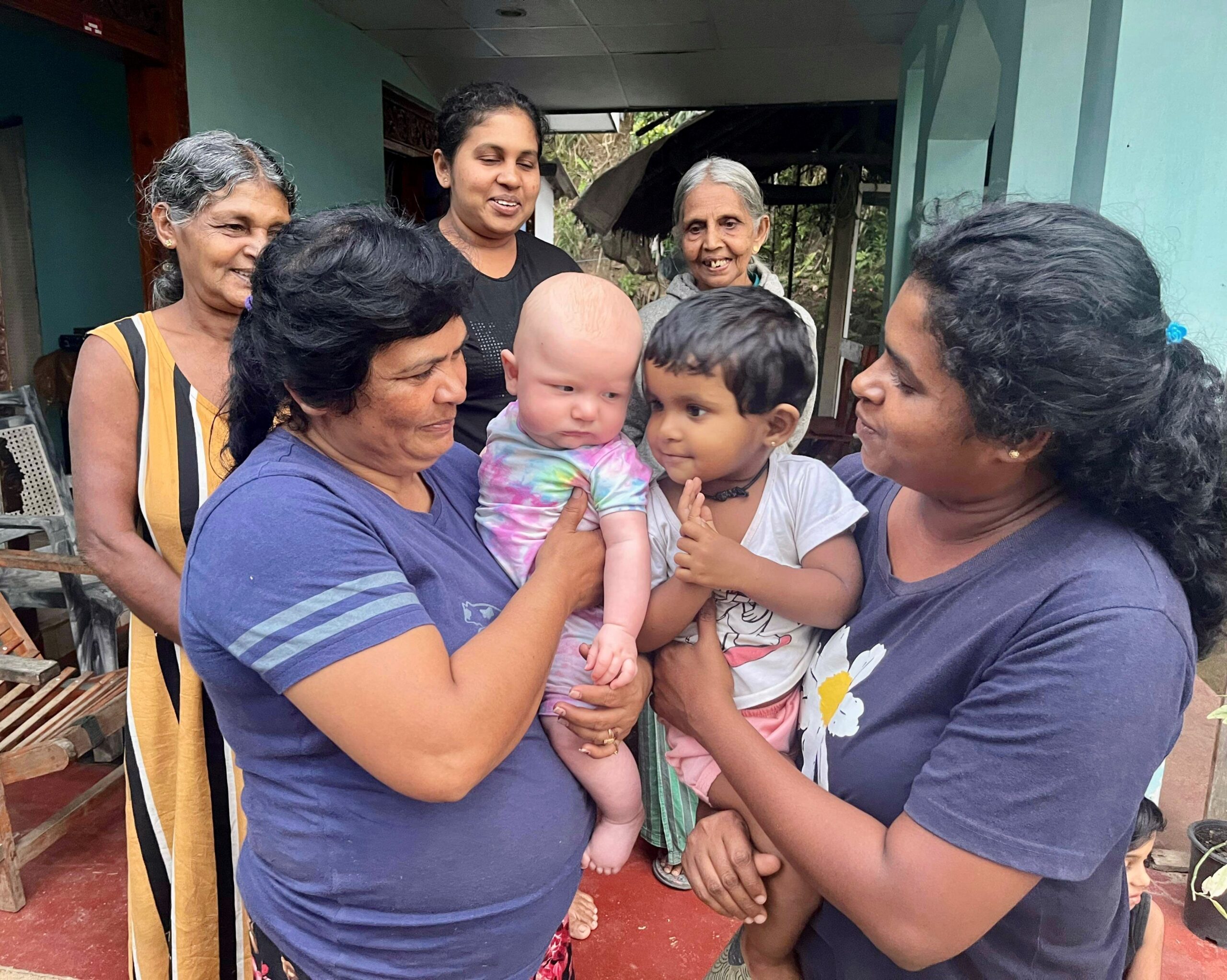
How new experiences translate to deeper learning
“learning is the process whereby knowledge is created through the transformation of experience” (Kolb, 1984, p. 38).
People generally agree that travelling provides children with an abundance of new experiences, some incredibly fun and exciting ones, and in the case of long car journeys or airport delays, quite boring ones. But how do we move past these one-off experiences, to think about how travelling can translate to future learning and development, and ultimately provide longer lasting benefits to children and young people? This brings the idea of experiential learning to mind, a theory that Dewey (1938) originally proposed nearly 90 years ago. He suggested that a person can extract knowledge and skills learnt in one situation, to understand and react in new, novel situations. This has been expanded upon by many Psychologists, but Kolb’s model of experiential learning fits well when thinking about how we support a child’s development through travel (Kolb, 1984). A key aspect of Kolb’s model is reflection, a process of looking back on and examining our thoughts and emotions about a situation, to help us learn from the experience and then go on to apply this learning Figure 1. Illustrates the four-stage model of experientially learning.
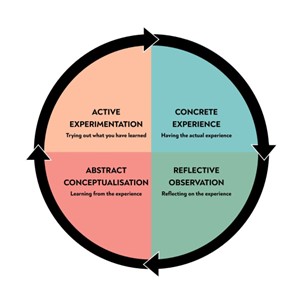
Figure 1. Kolb’s Experiential Learning Cycle
This framework can help us understand how travel learning might occur. If a child has been playing in the pool and made a new friend by sharing their pool floats for example (a ‘concrete experience’), by talking through this experience over dinner and helping the child to think about what they did, said and felt during the interaction (‘reflective observation’), they may identify that they initially felt nervous about the other child, or that sharing something felt hard to start with but then led to more fun (‘abstract conceptualisation’). This leads to ‘active learning’, that we do have the skills to make new friends which can give young people the confidence to approach new situations back home and try out their skills. We found that a conversation at dinner about our “best” and “least favourite” parts of the day could facilitate some of this reflection, but with older children this could become more nuanced by thinking about who they’d met or what they’d seen for example.
Planning and problem solving skills
Not everything always goes to plan when you’re away, and this is such an important life skill to teach and model to your children. Keeping your cool, taking a deep breath and finding a solution in a tricky situation can be one of the most important things we can show our children. At least this is what I told myself having had a terrible realisation 40 minutes into the four-hour sunrise safari tour that neither of us had picked up the nappy bag, but we had both remembered to pack toys for our son. So, we had 7 soft toys and zero nappies, wipes, or spare clothes for our four-month-old – not ideal! Of course, the inevitable happened and after quite a few whispered panicky conversations, we comically tried to change his very dirty nappy as quietly as we could, next to a lake that our guide had just pointed out was filled with crocodiles. Suffice to say, we had to sacrifice one of the many soft toys and then hold our breath for the rest of the journey that we had no more accidents. But we coped. Life is full of unpredictability and having those live opportunities to model being able to stay calm and not become overwhelmed by the emotions of disappointment or frustration is a key for building strength and resilience.
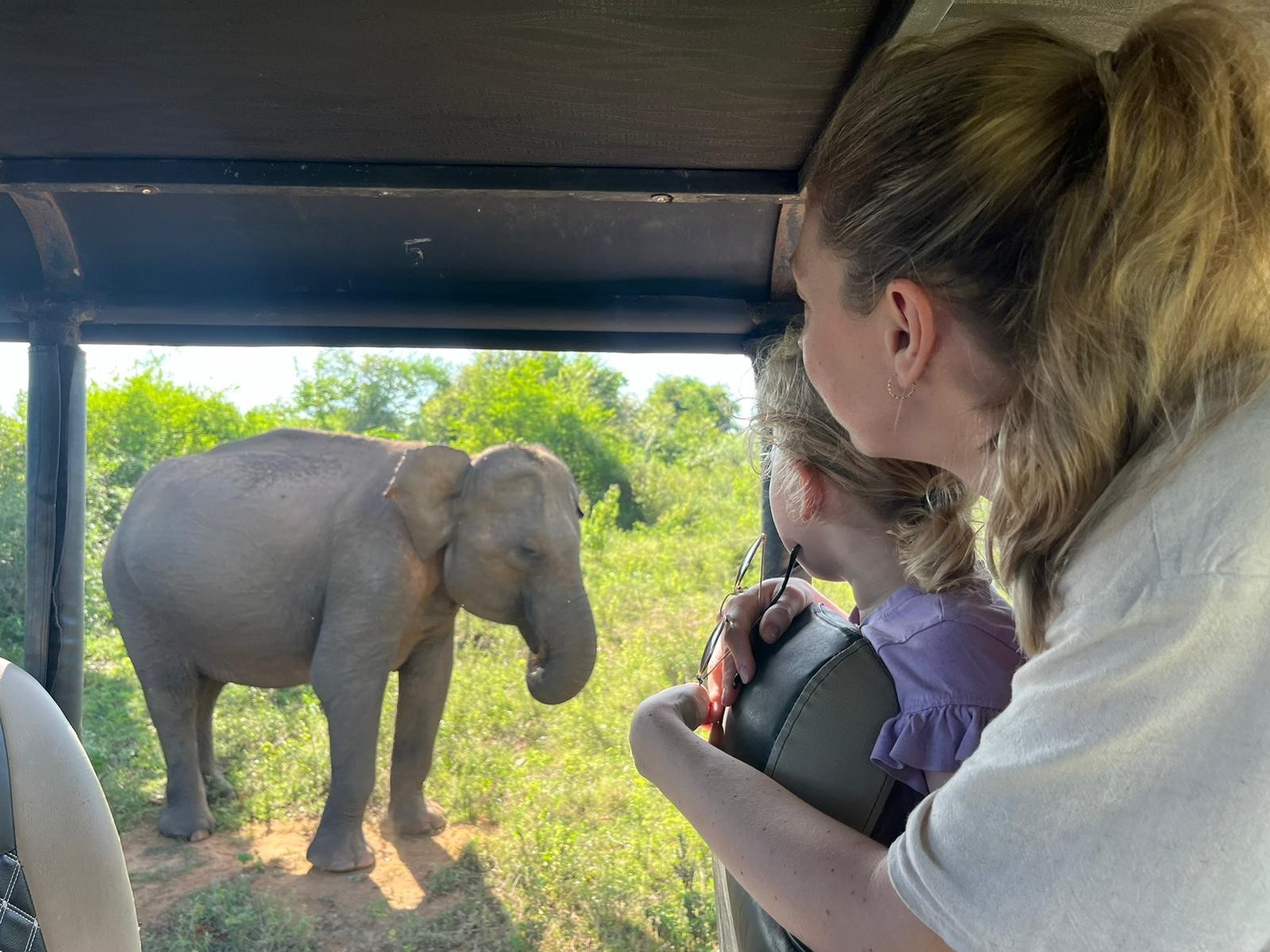
Sensory development
Although the benefits of travel for toddlers and children can be seen quite obviously, it’s a little harder to capture how travel can help a baby’s development. I wanted to briefly touch upon sensory development (the development of the five senses: vision, hearing, touch, taste and smell) and how crucial this is in the first 12 months of a baby’s life to help support their future development and provide a basis for future learning. Travel affords a ton of natural opportunities; the feel of sand and water against skin, the smell of flowers or salty air, the taste of new foods and the sounds of waves lapping the shore, that parents can take advantage of, helping their baby adapt to life outside the womb.
Conclusion
Whatever the age of your child, or whoever is in your family, I urge you to consider booking that trip you’re thinking about now, not waiting until they’re older. The memories you make now as you slow down, and holiday together are going to go on and form part of your family make-up. At the very least you will enjoy time together, but there is also a strong possibility that while you sip margaritas on the beach, your child is learning more about the world around them, building social skills, developing confidence, and becoming more flexible in the process! Yes, family travel may not always be relaxing, but the rewards are plentiful for you all.
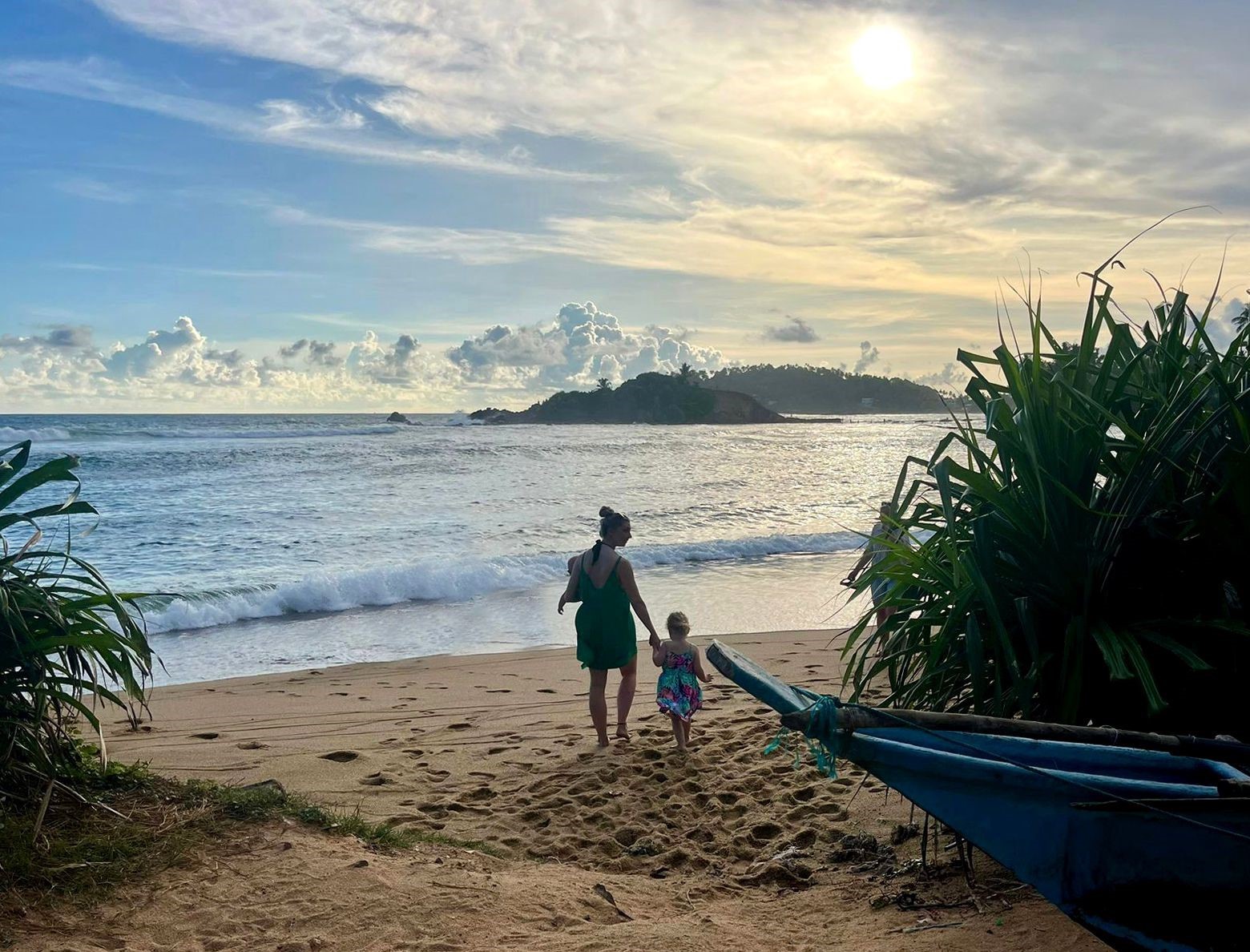
References
Dewey, J. (1938). Experience and education. New York, NY: The Macmillan Company.
Kolb, D. A. (1984). Experiential learning: Experience as the source of learning and development (Vol. 1). Englewood Cliffs, NJ: Prentice-Hall.
Richards, G., and J. Wilson. (2003). New Horizons in Independent Youth and Student Travel. Amsterdam: International Student Travel Confederation (ISTC).
West, P., and L. Merriam. (2009). “Outdoor Recreation and Family Cohesiveness.” Journal of Leisure Research, 41 (3): 351-59.
If you liked this article check out Psychology tips for vacations with children

